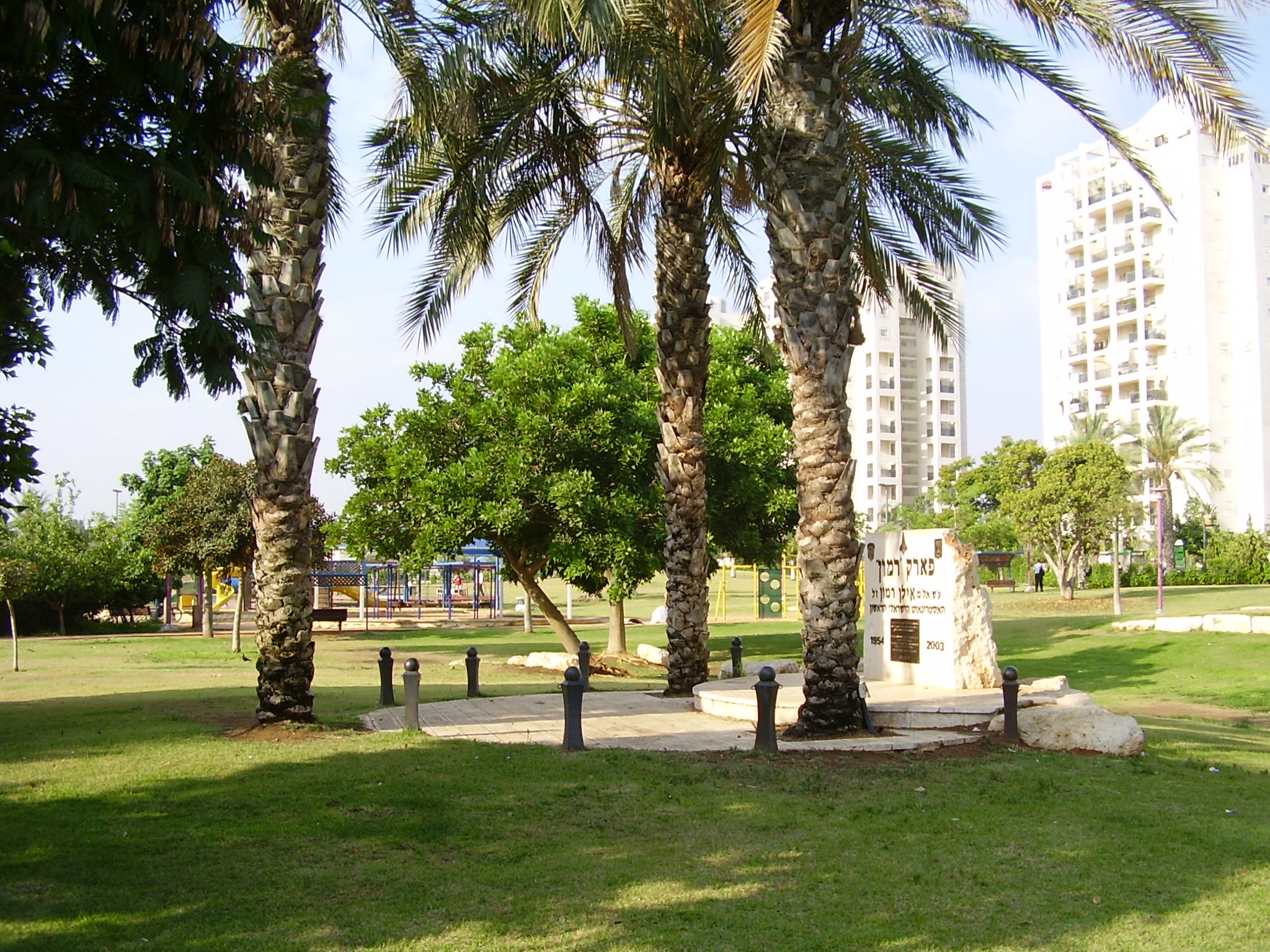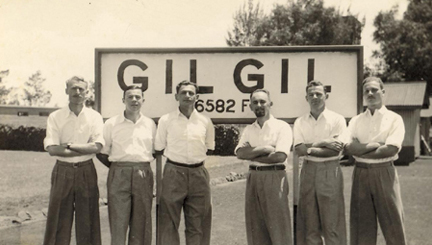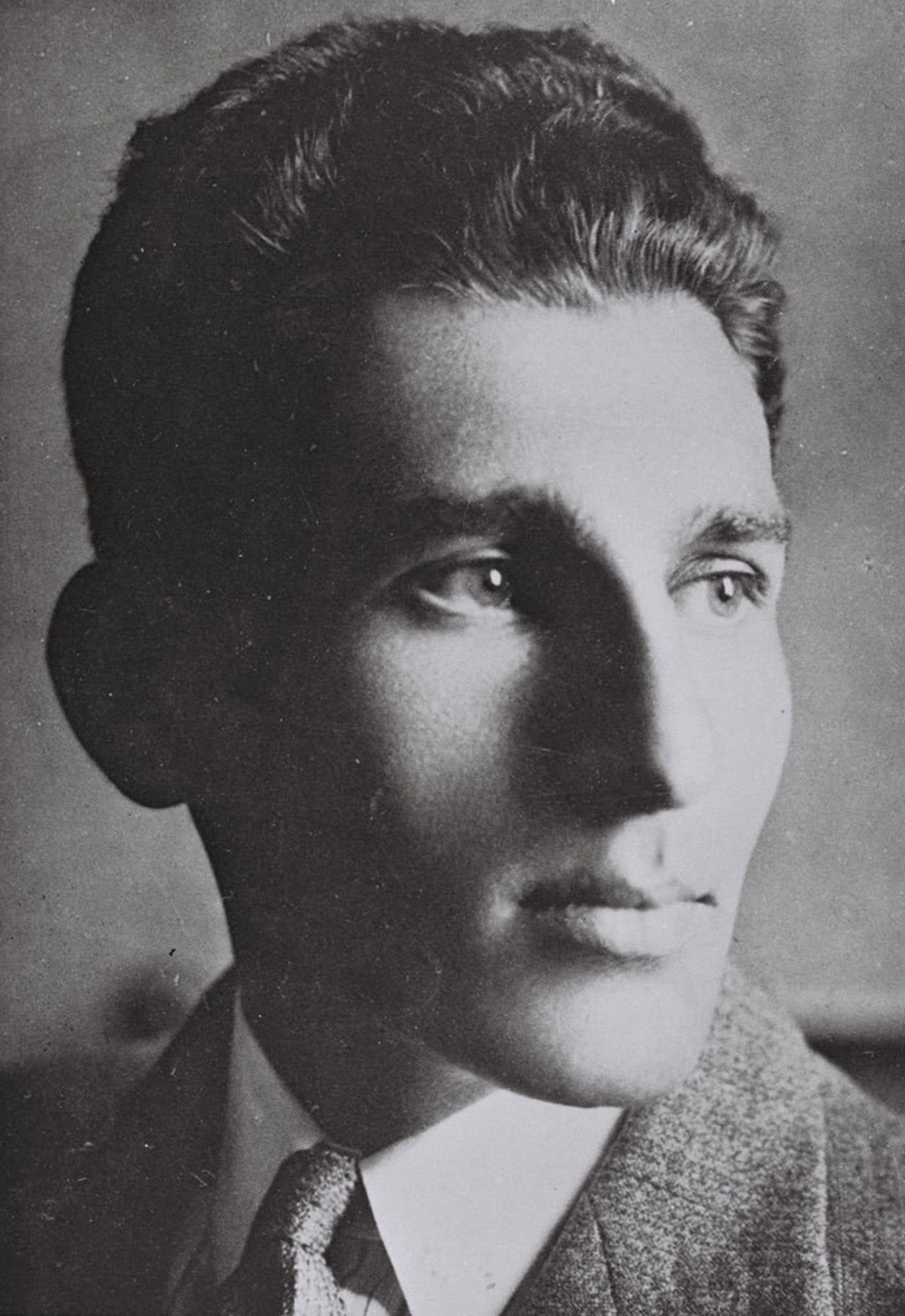|
1944 In The British Mandate Of Palestine
Events in the year 1944 in the British Mandate of Palestine. Incumbents * High Commissioner – Sir Harold MacMichael until 30 August; John Vereker, 6th Viscount Gort * Emir of Transjordan – Abdullah I bin al-Hussein * Prime Minister of Transjordan – Tawfik Abu al-Huda until 15 October; Samir al-Rifai Events * 1 February – The Irgun proclaims a revolt against the British mandatory government. * 27 February – The Irgun bombs the income tax offices. * 15 March – World War II: Hannah Szenes and two male colleagues are parachuted by the British into Yugoslavia and join a partisan group. * 1 May – The British mandatory government restricts the immigration of Jews to Palestine. * 1 August – Fourth Assembly of Jewish Representatives elections held. * 8 August – Lehi members attempt to assassinate the High Commissioner, Sir Harold MacMichael. * 30 August – Sir John Vereker, 6th Viscount Gort assumes office as the High Commissioner of Palestine. * 20 S ... [...More Info...] [...Related Items...] OR: [Wikipedia] [Google] [Baidu] |
Mandatory Palestine
Mandatory Palestine ( ar, فلسطين الانتدابية '; he, פָּלֶשְׂתִּינָה (א״י) ', where "E.Y." indicates ''’Eretz Yiśrā’ēl'', the Land of Israel) was a geopolitical entity established between 1920 and 1948 in the region of Palestine under the terms of the League of Nations Mandate for Palestine. During the First World War (1914–1918), an Arab uprising against Ottoman rule and the British Empire's Egyptian Expeditionary Force under General Edmund Allenby drove the Ottoman Turks out of the Levant during the Sinai and Palestine Campaign. The United Kingdom had agreed in the McMahon–Hussein Correspondence that it would honour Arab independence if the Arabs revolted against the Ottoman Turks, but the two sides had different interpretations of this agreement, and in the end, the United Kingdom and France divided the area under the Sykes–Picot Agreementan act of betrayal in the eyes of the Arabs. Further complicating the issue was t ... [...More Info...] [...Related Items...] OR: [Wikipedia] [Google] [Baidu] |
Samir Al-Rifai
Samir al-Rifai ( ar, سمير الرفاعي; 30 January 1901 – 12 October 1965) was Jordanian politician. He served several terms as the 8th Prime Minister of Jordan. He was born in Safed. Al-Rifai served under Kings Abdullah I, Talal and Hussein: *Minister of Finance from 1943 to 1944 *Prime Minister of the Emirate of Transjordan from 15 October 1944 to 19 May 1945 *Prime Minister of the Emirate of Transjordan from 19 May 1945 to 25 May 1946 *Prime Minister of the Hashemite Kingdom of Jordan from 4 December 1950 to 25 July 1951 *Prime Minister of the Hashemite Kingdom of Jordan from 8 January 1956 to 22 May 1956 *Prime Minister of the Hashemite Kingdom of Jordan from 18 May 1958 to 6 May 1959 *Prime Minister of the Hashemite Kingdom of Jordan from 27 March 1963 to 21 April 1963 * President of the Senate of Jordan from 10 July 1963 to 1 November 1965 He was the father of Prime Minister Zaid al-Rifai and the grandfather of Prime Minister Samir Rifai. He died in Amman, age ... [...More Info...] [...Related Items...] OR: [Wikipedia] [Google] [Baidu] |
Walter Guinness, 1st Baron Moyne
Walter Edward Guinness, 1st Baron Moyne, DSO & Bar, PC (29 March 1880 – 6 November 1944), was an Anglo-Irish politician and businessman. He served as the British minister of state in the Middle East until November 1944, when he was assassinated by the Jewish terrorist group Lehi. The assassination of Lord Moyne sent shock waves through Palestine and the rest of the world. Early life and family Walter Guinness was born in Dublin, Ireland, the third son of the 1st Earl of Iveagh. His family homes were at Farmleigh near Dublin, and at Elveden in Suffolk. At Eton, Guinness was elected head of ' Pop', a self-appointing group whose members have a status similar to school prefects, and was also appointed as Captain of Boats. On 24 June 1903, Guinness married Lady Evelyn Hilda Stuart Erskine (1883–1939), third daughter of Shipley Gordon Stuart Erskine, 14th Earl of Buchan. They had three children: * Bryan Walter Guinness, 2nd Baron Moyne (born 27 October 1905, died 6 July ... [...More Info...] [...Related Items...] OR: [Wikipedia] [Google] [Baidu] |
Giv'at Shmuel
Giv'at Shmuel ( he, גִּבְעַת שְׁמוּאֵל, , Samuel's Hill) is a city in the Center District of Israel. It is located in the eastern part of the Gush Dan Metropolitan Area and bordered by Ramat Gan and Bnei Brak to the West, Kiryat Ono to the South and Petah Tikva to the East and North. In it had a population of . History Giv'at Shmuel was founded in 1944. It was named for the Romanian Zionist leader Samuel Pineles, founder and president of the Zionist Congress in Focșani and Vice-President of the First Zionist Congress in Basel. On November 5, 2007, the Israeli Minister of Interior accepted a committee recommendation to change the municipal status of Giv'at Shmuel to 'city'. Demographics At the end of 2019, the population of Givat Shmuel numbered 26,578 with a growth rate of 2.1%, and with the building of new neighborhoods is planned to grow to 40,000. Demographics are mixed religious/secular, with a socioeconomic standing of 8/10. Amongst immigrants from En ... [...More Info...] [...Related Items...] OR: [Wikipedia] [Google] [Baidu] |
Irgun And Lehi Internment In Africa
From 1944 to 1948, Irgun and Lehi men being held without trial at the Latroun camp were deported by the British Mandate of Palestine authorities to internment camps in Africa, located in Sembel (near Asmara, Eritrea), Carthago, Sudan and Gilgil (north of Nairobi, Kenya). The deportees were returned in July 1948, only after the Israeli Declaration of Independence. The deportation The decision The decision to deport the underground members to Africa was made by the British following the radicalization of their activities and the recommendation of the chief secretary, substitute of the High Commissioner, John Shaw. After several successful escapes from the Latroun camp, the chance of them recurring in Africa seemed smaller. The British also believed the deportation to have a strong deterring element. The proponents of the decision did not believe it to be a substitute for the political solution of dividing the land, but hoped it would weaken the underground forces and allow the mod ... [...More Info...] [...Related Items...] OR: [Wikipedia] [Google] [Baidu] |
British Army
The British Army is the principal land warfare force of the United Kingdom, a part of the British Armed Forces along with the Royal Navy and the Royal Air Force. , the British Army comprises 79,380 regular full-time personnel, 4,090 Gurkhas, and 28,330 volunteer reserve personnel. The modern British Army traces back to 1707, with antecedents in the English Army and Scots Army that were created during the Restoration in 1660. The term ''British Army'' was adopted in 1707 after the Acts of Union between England and Scotland. Members of the British Army swear allegiance to the monarch as their commander-in-chief, but the Bill of Rights of 1689 and Claim of Right Act 1689 require parliamentary consent for the Crown to maintain a peacetime standing army. Therefore, Parliament approves the army by passing an Armed Forces Act at least once every five years. The army is administered by the Ministry of Defence and commanded by the Chief of the General Staff. The Brit ... [...More Info...] [...Related Items...] OR: [Wikipedia] [Google] [Baidu] |
Jewish Brigade
The Jewish Infantry Brigade Group, more commonly known as the Jewish Brigade Group or Jewish Brigade, was a military formation of the British Army in the Second World War. It was formed in late 1944 and was recruited among Yishuv Jews from Mandatory Palestine and commanded by Anglo-Jewish officers. It served in the latter stages of the Italian Campaign, and was disbanded in 1946. After the war, some members of the Brigade assisted Holocaust survivors to emigrate to Mandatory Palestine as part of Aliyah Bet, in defiance of British restrictions. Background Anglo-Zionist relations After the First World War, the British and the French empires replaced the Ottoman Empire as the preeminent powers in the Middle East. This change brought closer the Zionist Movement's goal of creating a Jewish state. The Balfour Declaration indicated that the British Government supported the creation of a Jewish homeland in Palestine in principle, marking the first official support for Zionist aims. I ... [...More Info...] [...Related Items...] OR: [Wikipedia] [Google] [Baidu] |
Lehi (group)
Lehi (; he, לח"י – לוחמי חרות ישראל ''Lohamei Herut Israel – Lehi'', "Fighters for the Freedom of Israel – Lehi"), often known pejoratively as the Stern Gang,"This group was known to its friends as LEHI and to its enemies as the Stern Gang." Blumberg, Arnold. History of Israel, Westport, CT, USA: Greenwood Publishing Group, Incorporated, 1998. p 106."calling themselves Lohamei Herut Yisrael (LHI) or, less generously, the Stern Gang." Lozowick, Yaacov. Right to Exist : A Moral Defense of Israel's Wars. Westminster, MD, USA: Doubleday Publishing, 2003. p 78."''It ended in a split with Stern leading his own group out of the Irgun. This was known pejoratively by the British as "the Stern Gang' – later as Lehi''" Shindler, Colin. Triumph of Military Zionism : Nationalism and the Origins of the Israeli Right. London, GBR: I. B. Tauris & Company, Limited, 2005. p 218."''Known by their Hebrew acronym as LEHI they were more familiar, not to say notorious, to the ... [...More Info...] [...Related Items...] OR: [Wikipedia] [Google] [Baidu] |
Assembly Of Representatives (Mandatory Palestine)
The Assembly of Representatives ( he, אספת הנבחרים, ''Asefat HaNivharim'') was the elected parliamentary assembly of the Jewish community in Mandatory Palestine. It was established on 19 April 1920, and functioned until 13 February 1949, the day before the first Knesset, elected on 25 January, was sworn in. The Assembly met once a year to elect the executive body, the Jewish National Council, which was responsible for education, local government, welfare, security and defense. It also voted on the budgets proposed by the Jewish National Council and the Rabbinical Council. History Under the British Mandate, the Yishuv (Jewish community), established a network of political and administrative institutions, among them the Assembly of Representatives. To ensure that small groups were properly represented, a system of proportional representation was introduced. The first elections were held on 19 April 1920, and the largest faction, Ahdut HaAvoda, won only 70 of the Assembly' ... [...More Info...] [...Related Items...] OR: [Wikipedia] [Google] [Baidu] |
Palestine (region)
Palestine ( el, Παλαιστίνη, ; la, Palaestina; ar, فلسطين, , , ; he, פלשתינה, ) is a geographic region in Western Asia. It is usually considered to include Israel and the State of Palestine (i.e. West Bank and Gaza Strip), though some definitions also include part of northwestern Jordan. The first written records to attest the name of the region were those of the Twentieth dynasty of Egypt, which used the term "Peleset" in reference to the neighboring people or land. In the 8th century, Assyrian inscriptions refer to the region of "Palashtu" or "Pilistu". In the Hellenistic period, these names were carried over into Greek, appearing in the Histories of Herodotus in the more recognizable form of "Palaistine". The Roman Empire initially used other terms for the region, such as Judaea, but renamed the region Syria Palaestina after the Bar Kokhba revolt. During the Byzantine period, the region was split into the provinces of Palaestina Prima, Palaestin ... [...More Info...] [...Related Items...] OR: [Wikipedia] [Google] [Baidu] |
Partisans (Yugoslavia)
The Yugoslav Partisans,Serbo-Croatian, Macedonian, Slovene: , or the National Liberation Army, sh-Latn-Cyrl, Narodnooslobodilačka vojska (NOV), Народноослободилачка војска (НОВ); mk, Народноослободителна војска (НОВ); sl, Narodnoosvobodilna vojska (NOV) officially the National Liberation Army and Partisan Detachments of Yugoslavia, sh-Latn-Cyrl, Narodnooslobodilačka vojska i partizanski odredi Jugoslavije (NOV i POJ), Народноослободилачка војска и партизански одреди Југославије (НОВ и ПОЈ); mk, Народноослободителна војска и партизански одреди на Југославија (НОВ и ПОЈ); sl, Narodnoosvobodilna vojska in partizanski odredi Jugoslavije (NOV in POJ) was the communist-led anti-fascist resistance to the Axis powers (chiefly Germany) in occupied Yugoslavia during World War II. Led by Josip Broz Tit ... [...More Info...] [...Related Items...] OR: [Wikipedia] [Google] [Baidu] |
Yugoslavia
Yugoslavia (; sh-Latn-Cyrl, separator=" / ", Jugoslavija, Југославија ; sl, Jugoslavija ; mk, Југославија ;; rup, Iugoslavia; hu, Jugoszlávia; rue, label=Pannonian Rusyn, Югославия, translit=Juhoslavija; sk, Juhoslávia; ro, Iugoslavia; cs, Jugoslávie; it, Iugoslavia; tr, Yugoslavya; bg, Югославия, Yugoslaviya ) was a country in Southeast Europe and Central Europe for most of the 20th century. It came into existence after World War I in 1918 under the name of the ''Kingdom of Serbs, Croats and Slovenes'' by the merger of the provisional State of Slovenes, Croats and Serbs (which was formed from territories of the former Austria-Hungary) with the Kingdom of Serbia, and constituted the first union of the South Slavic people as a sovereign state, following centuries in which the region had been part of the Ottoman Empire and Austria-Hungary. Peter I of Serbia was its first sovereign. The kingdom gained international recog ... [...More Info...] [...Related Items...] OR: [Wikipedia] [Google] [Baidu] |






